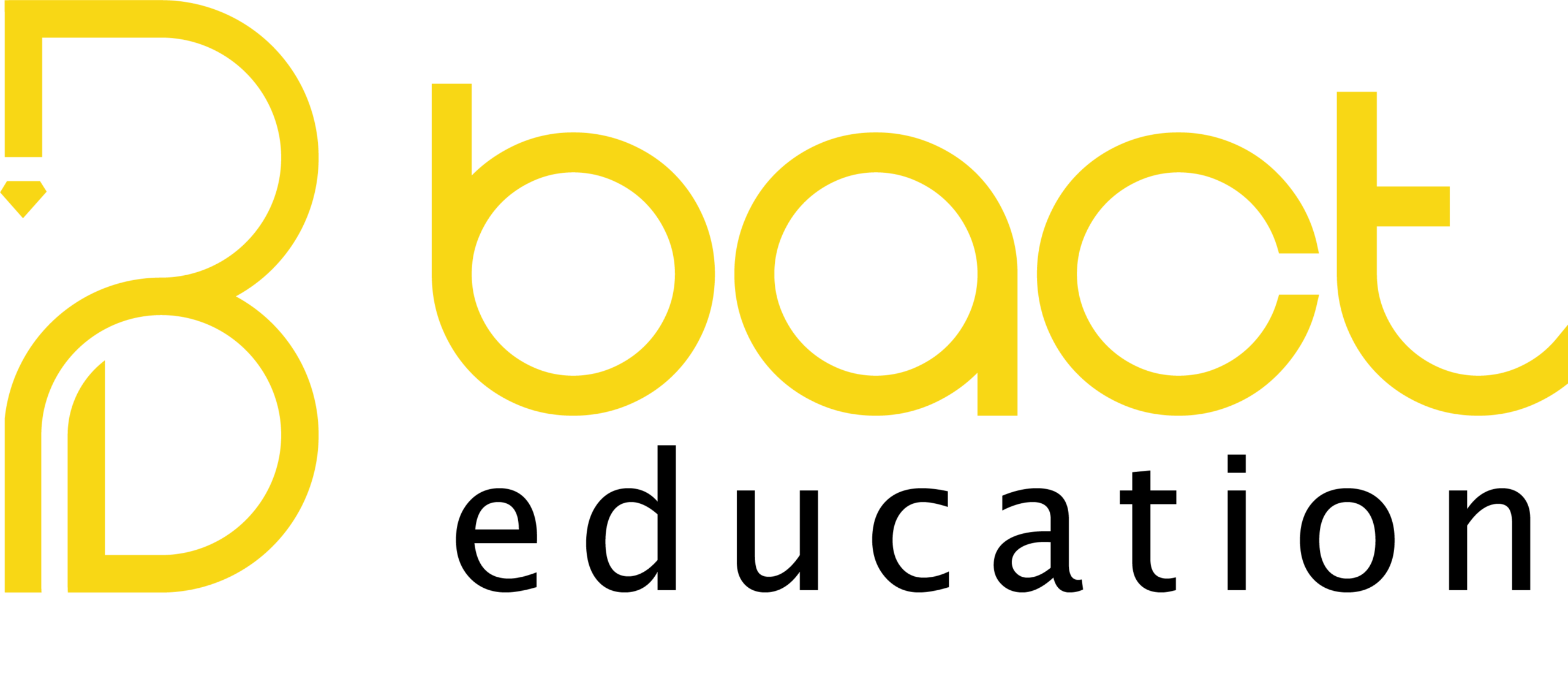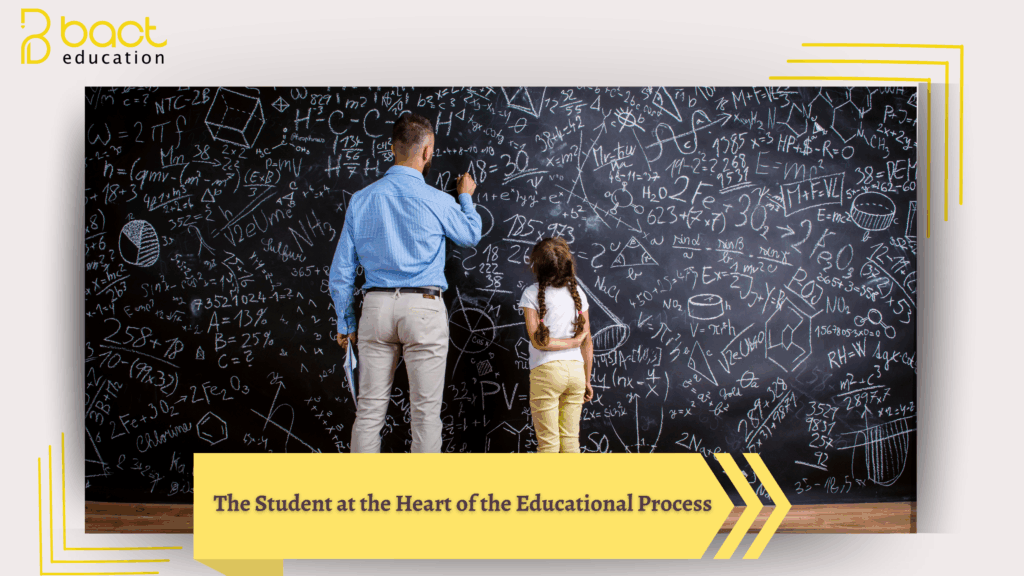The Student at the Heart of the Educational Process:
From Rote Learning to Empowerment
In an era marked by rapid intellectual and technological transformation, education is no longer merely the transfer of information from the teacher’s mind to the student’s memory. It has become a dynamic human interaction built on understanding learners’ needs and empowering them with the tools of thinking and creativity. The student is no longer a passive recipient but a central participant in the learning process, while the teacher is no longer the sole source of knowledge, but rather a partner and facilitator in the journey of discovery.
🧭 From Rote Learning to Empowerment: A Fundamental Shift
Traditional education relied on rote learning, viewing the student as an empty vessel to be filled with information. However, this model has proven limited in an age that requires learners to possess critical thinking, problem-solving, and self-expression skills. Empowerment, on the other hand, means giving students the opportunity to take an active role in their own learning — to participate in formulating questions, constructing knowledge, and evaluating their own progress.
👨🏫 The Teacher’s New Role: A Facilitator, Not a Lecturer
In the empowerment model, the teacher does not impose knowledge but instead creates an environment that stimulates curiosity, poses open-ended questions, and encourages dialogue. The teacher observes individual differences among students, designs learning activities that respect those differences, and gives students space to express and experiment with their ideas without fear of making mistakes.
🧠 Learners’ Needs: Beyond the Curriculum
Meeting learners’ needs is not limited to delivering appropriate content; it also includes:
- Psychological needs: A sense of safety, belonging, and appreciation.
- Cognitive needs: Challenge, and connecting knowledge to real-life contexts.
- Creative needs: Freedom of expression and engagement in meaningful projects.
🌱 Education as Cultivation, Not Pouring
When the student is treated as a living being who grows rather than a machine to be programmed, education becomes a profoundly human act. And when teachers are equipped with the tools of empowerment, their role becomes more impactful—and more humane.

